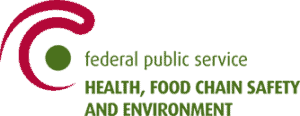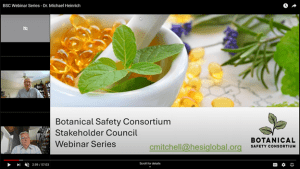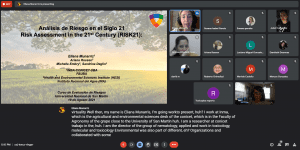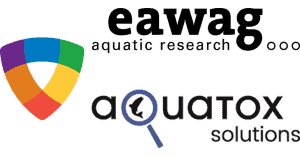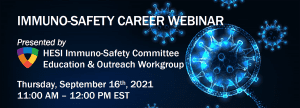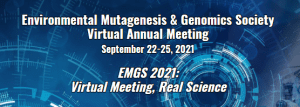This year, HESI launched the inaugural HESI Innovation Prize to recognize an exceptional scientist who has helped to advance health equity and who shares HESI’s commitment to creating a safer, more sustainable world through innovative collaborations. Congratulations to the 2021 HESI Innovation Prize awardee, Dr. Kenneth Olden!
Dr. Olden most recently served as Director of the US Environmental Protection Agency (EPA) Center for Public Health and Environmental Assessment. He has had an immeasurable impact on the field of health equity and has a strong legacy of promoting excellence in environmental health research and chemical risk assessment.
Dr. Olden shared, “It is a great honor to be recognized by such a distinguished panel of experts and noble organization. While my name is associated with the award, the body of work for which the award is given could not have been achieved without the support of the outstanding and dedicated scientists who offered sage advice and were willing to engage lay members of affected communities as co-equals in creative ways. I am particularly pleased that HESI recognizes that the work to achieve environmental equity is still far from complete, and that they are willing to lend their prestige and financial resources to highlight and advance the field.”
Throughout his leadership roles at the National Institute of Environmental Health Sciences (NIEHS), National Toxicology Program (NTP), and US EPA, Dr. Olden is most pleased with the success in expanding the scope of environmental health research to include social determinants of health. This involved community outreach, education, and community-based participatory research.
Dr. Olden continues to provide intellectual and practical leadership to his ground-breaking collaboration with a research team he organized at the EPA, Duke University, and the University of North Carolina. The team is working to examine his hypothesis that one can use neighborhood-specific epigenetic signatures to quantify the cumulative effects of exposure to both chemical and non-chemical stressors over the life course.
HESI is proud to award the inaugural HESI Innovation Prize to Dr. Kenneth Olden. Congratulations, Dr. Olden! Learn more about the HESI Innovation Prize here.
